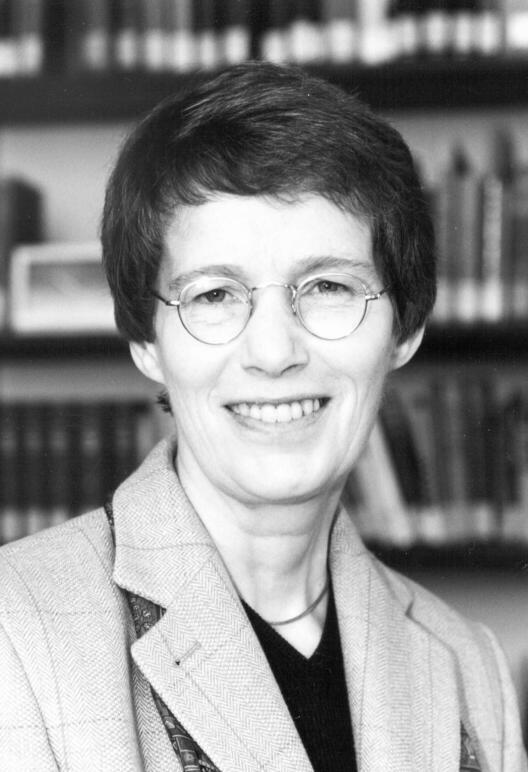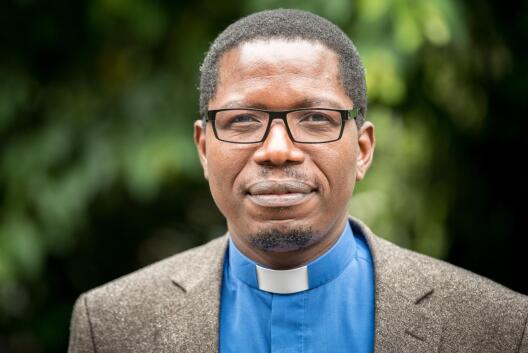







The University's Faculty of Protestant Theology mourns the loss of Jakob Wöhrle
Professor Dr Jakob Wöhrle (Tübingen) passed away unexpectedly on 25 March. After studying in Bethel, Leipzig and Münster, Wöhrle worked at the Old Testament Seminary as a research assistant to Professor Dr Rainer Albertz from 2001-2008. He then headed the project ‘Distinction and Integration in the Founding Document of Israel’ at the Cluster of Excellence ‘Religion & Politics’ from 2008-2012. After completing his doctorate and habilitation in Münster, he was a Heisenberg Fellow and became Professor of Old Testament Studies at the University of Oldenburg in 2014. Since 2019, he has been Professor of Old Testament at the Eberhard Karls University of Tübingen.
Jakob Wöhrle has attracted international attention above all for his major research contributions on the dodecapropheton and the socio-historical significance of the Pentateuch. As an academic teacher, he was extremely popular and inspired numerous students for the subject and for theology with his friendly and approachable nature and his lively and motivating way of teaching.
His death came suddenly and completely unexpectedly. It is an immeasurable loss for his teacher Rainer Albertz and all his colleagues. We share our grief with his wife, Pastor Stefanie Wöhrle, and his family. The Faculty of Protestant Theology at the University of Münster remembers him with sadness, gratitude and friendship.
Prof Dr Arnulf von Scheliha (Dean)
Prof Dr Reinhard Achenbach and Prof Dr Christophe Nihan for the Old Testament Seminar






